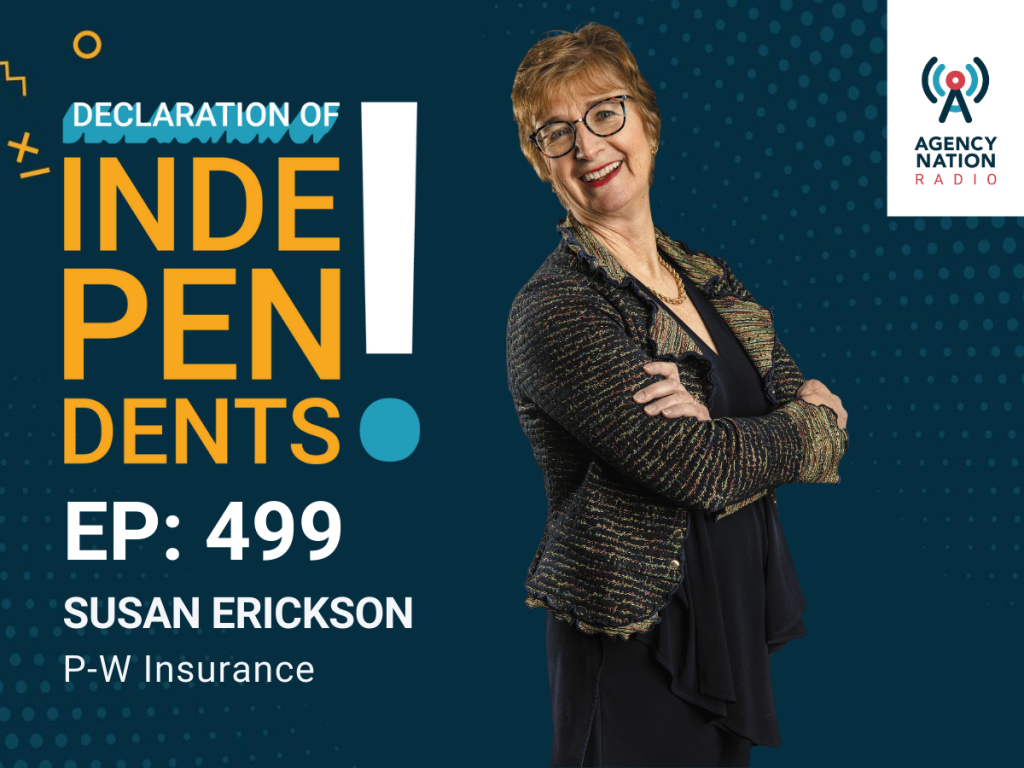Declaration of Independents
By: Ronimarie Acord
Albert ‘Skip’ Counselman
Chairman & CEO
RCM&D
Baltimore, Maryland
Skip Counselman’s heart could be the industry’s moral compass. He leads a team of nearly 250 professionals at RCM&D and holds leadership positions for multiple philanthropic institutions. And Counselman has a lot to say about the philosophical foundations of the business and where it should be headed.
INTEGRITY?
It’s the most important core value in our industry. We always need to remember we made a promise to the client to protect their assets. Our interest is also their interest—not our own interest. Many judgments are made along the way, and each one needs to be made as accurately as possible—always with the interest of the client in mind. If we don’t do that, what good is our promise?
MENTORING?
Anyone with a leadership position has to take responsibility so young people can continue to grow. Devote the extra time. Make it part of your job responsibilities. Getting a proper education is one thing, but it takes a long time to acquire the knowledge to provide sophisticated risk management services. Our industry traditionally hasn’t hired straight out of college. We can do that now if we mentor.
LESSONS LEARNED?
We have learned to document what we do. Prior to 2005, when the insurance industry was under intense scruitny from the New York Insurance Department, many decisions weren’t documented. The process was too informal, which allowed for violations of the basic tenets of integrity. Now, we are better at procedures so we can keep a record of how we conduct our daily applications, placements and claims work. We’re also documenting systematic disclosure of processes to the client. And that’s a more honest process.
THOUGHTS ON HIRING?
We have more hires in their 20s than we used to. We hire five to 10 young people per year who have zero to five years of experience. That has always been considered a high-risk hire because when they see what kind of education investment is ahead of them, they want something quicker. So we are usually happier to hire someone with one year of experience, but also someone who wants to make an education commitment.
We have a program that mentors a new hire for about two years. They are usually assigned with one division or working group, but they’re exposed to a lot of different things—specialty teams in p-c, employee benefits, claims and risk management. We have them pursue an association in risk management and other basic courses [at The Institutes]. We also send them to carrier courses. And then they get licensing and CE courses we offer at RCM&D.










